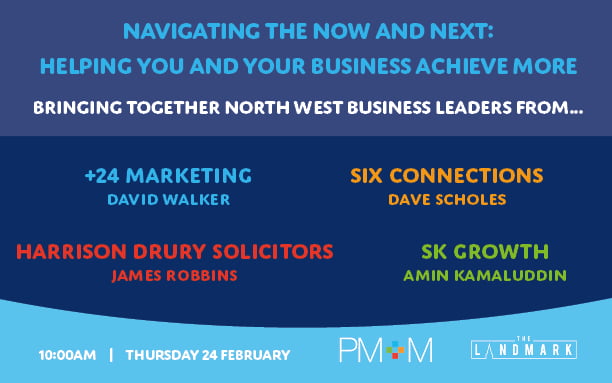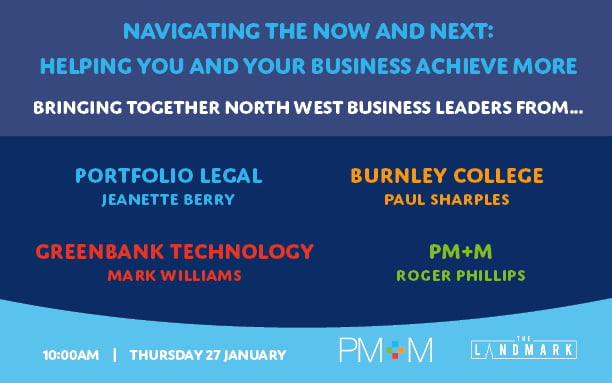With increasing uncertainty for businesses, we advise to keep calm, plan ahead where possible and seek advice early to avoid exposing your business to any unnecessary risks. With careful planning and use of the correct tools, we can help prepare various ‘what if’ scenarios and discuss the best course of action to take should they occur.
Our recession planning team is made up of specialists from across the firm including cloud accounting and corporate finance experts. Here are some of the main tips the team has highlighted to ensure your business is well prepared to navigate a recession:
Carefully monitor and manage your cashflow
Managing and closely monitoring the cashflow of your business should be a top priority when preparing for a recession. To do this you should have reliable and up to date accounting data that allows you to prepare financial projections and forecasts so you can predict your cashflow trends in advance. Having cloud accounting software which gives you a snapshot of your current financial position will enable you to quickly produce and review your cashflows and identify any potential funding needs. You may also want to think about moving your clients to direct debit or looking to shorten your payment terms.
Review funding and improve your credit score
If you want to obtain the best payment terms from your suppliers or the most attractive lending rates from funders, you should ensure your credit score is as strong as it can be. It may be an appropriate time to consider a different lending product with a fixed rate instead – ensuring certainty over your future outgoings.
Focus on your people
Staff retention should be at the forefront of your agenda when anticipating a recession. Although downsizing may be inevitable for some businesses during a recession, consider other options such as reducing hours and providing flexible options as an alternative.
Ensure your customers remain a priority
Customer retention must remain a key focus during a recession. Invest in customer relationships, reward loyalty, communicate regularly and work hard to supply what your clients want in uncertain times.
Don’t cut back on marketing
In difficult times, when you may be trying to cut costs, reducing expenditure on marketing can seem like an easy fix. However, continuing your marketing efforts during periods of disruption is important, as it will mitigate any drop in sales and ensure your brand awareness remains high.
There is no doubt that the coming months are going to be turbulent times for many, but with forward planning and a sensible approach, you can make things a little easier. For further advice, contact a member of the recession resilience team by calling 01254 679131 or email enquiries@pmm.co.uk.






